Confronting the Unseen: Overcoming Phobias and Embracing Fearlessness
Unlocking Inner Strength and Embracing a Fearless Life
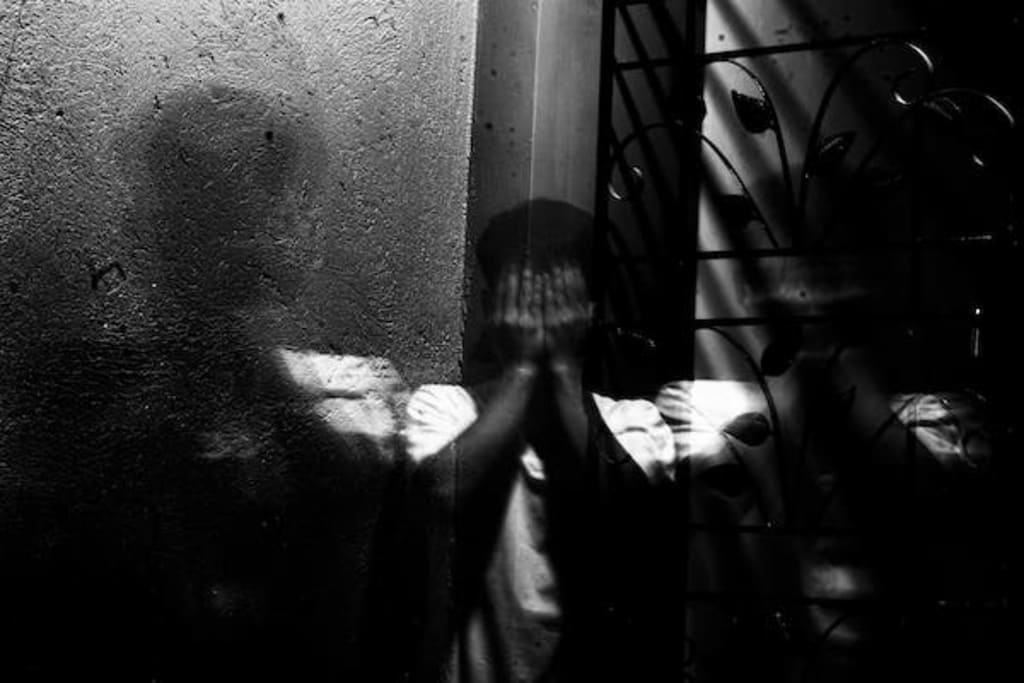
Introduction :
Fear is a natural human emotion that can serve as a protective mechanism. However, when fear becomes irrational and overwhelms us, it can manifest as phobias. Phobias are intense and irrational fears of specific objects, situations, or activities that can significantly impact one's quality of life. In this blog article, we will delve into the world of phobias, exploring their origins, the different types, and most importantly, how to overcome them. By understanding and confronting our fears, we can unlock a world of possibilities and embrace fearlessness. So let's embark on a journey of self-discovery and empowerment as we explore the path to overcoming phobias.
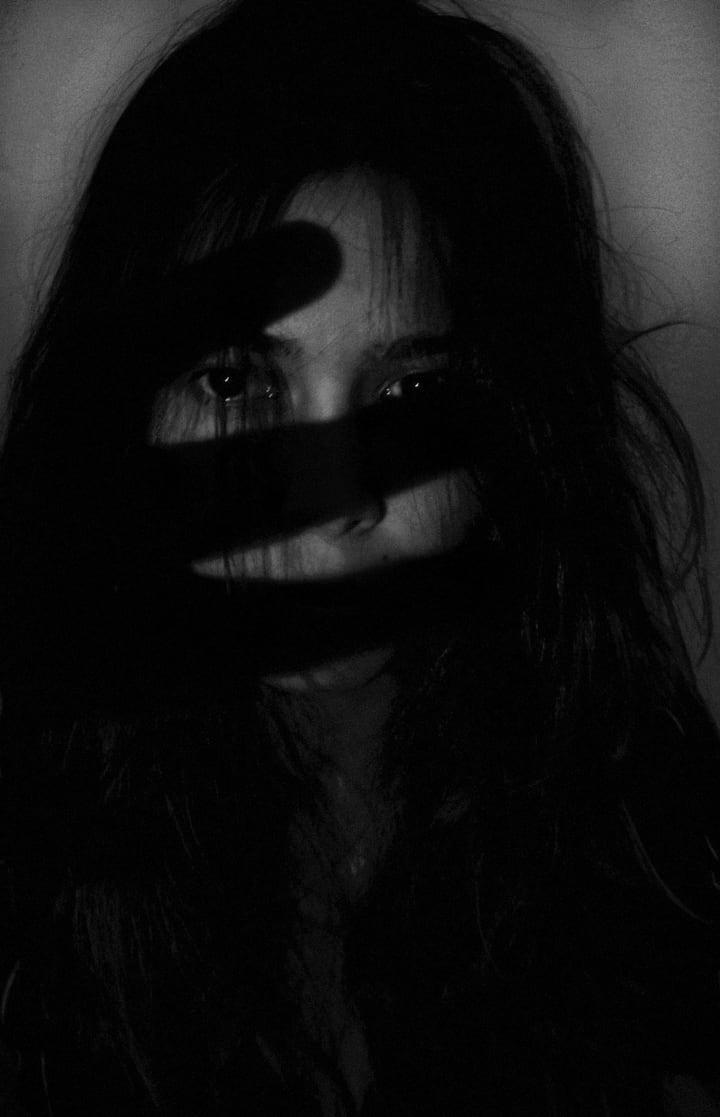
Body:
Understanding Phobias :
To effectively confront phobias, it is crucial to understand their nature. Phobias can stem from various sources, such as past traumatic experiences, learned behaviors, or even genetic predispositions. We will explore the difference between specific phobias, social phobias, and agoraphobia, gaining insight into their characteristics and common triggers. By recognizing the roots of our fears, we can begin to unravel the complex layers that hold us back.
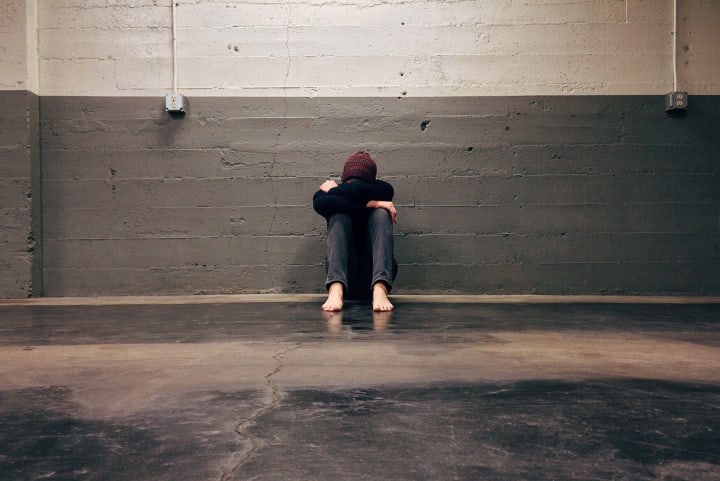
The Impact of Phobias :
Phobias can have a profound impact on our daily lives, limiting our experiences and hindering personal growth. Whether it's a fear of flying, public speaking, or spiders, the consequences of phobias can be far-reaching, affecting our relationships, career opportunities, and overall well-being. We will examine the detrimental effects of phobias and shed light on the importance of confronting them to lead a fulfilling life
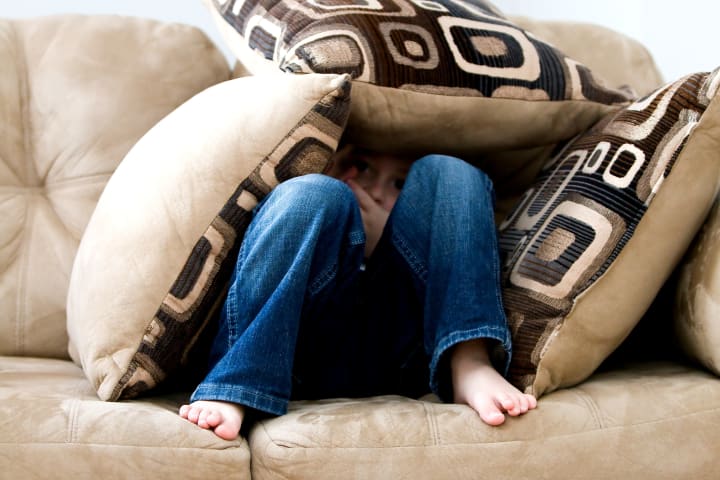
Overcoming Phobias: Strategies and Techniques :
Fortunately, overcoming phobias is possible with the right strategies and techniques. We will explore various approaches to phobia treatment, including exposure therapy, cognitive-behavioral therapy (CBT), relaxation techniques, and mindfulness practices. By gradually exposing oneself to the feared object or situation and challenging negative thought patterns, individuals can reclaim their power and diminish the hold that phobias have over them.

Seeking Professional Help:
While self-help methods can be effective for some, it is important to acknowledge that seeking professional help is often necessary when dealing with severe or deeply rooted phobias. Qualified therapists and mental health professionals can provide specialized guidance and support throughout the journey of overcoming phobias. We will discuss the benefits of seeking professional help and provide guidance on finding the right resources.
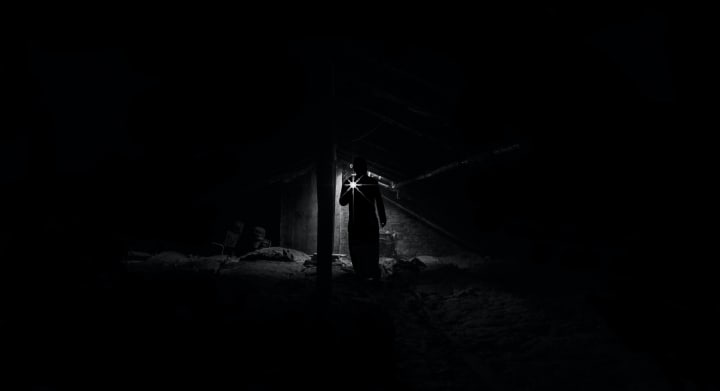
Embracing Fearlessness and Personal Growth :
Confronting and overcoming phobias is not just about eliminating fear but embracing fearlessness. By conquering our phobias, we unlock a world of personal growth and empowerment. We will discuss the transformative effects of facing our fears head-on, expanding our comfort zones, and embracing new opportunities. Through this process, we cultivate resilience, build self-confidence, and pave the way for a more fulfilling and fearless life.
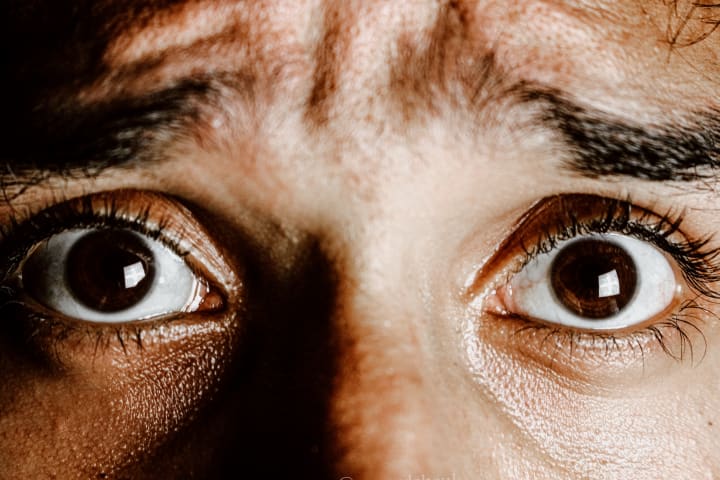
History of Phobias :
Phobias have long been a part of human history, with documented cases dating back centuries. Ancient civilizations attributed irrational fears to supernatural forces or punishment from deities. However, it wasn't until the late 19th and early 20th centuries that phobias began to be recognized and studied as a psychological phenomenon. Sigmund Freud, the father of psychoanalysis, delved into the concept of phobias and explored their connection to unconscious desires and repressed emotions. Since then, the field of psychology has made significant strides in understanding the origins and nature of phobias.
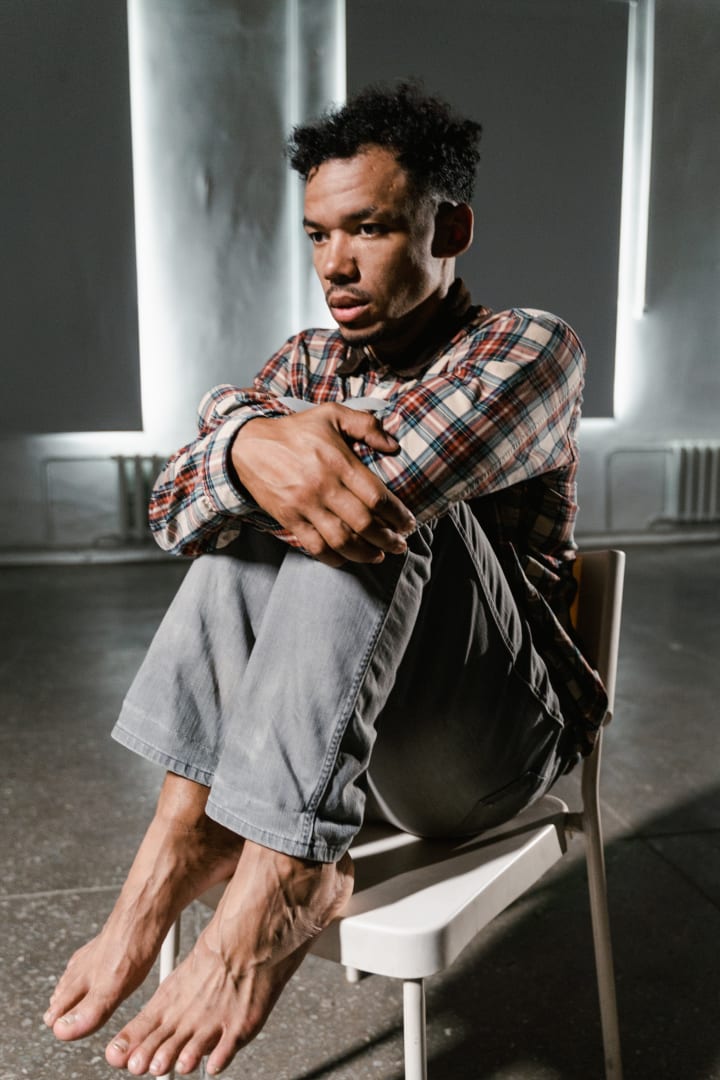
Detecting Phobias: Signs and Symptoms :
Identifying phobias can be challenging, as the symptoms may vary depending on the specific type of phobia. However, certain signs can indicate the presence of a phobia. Common physical symptoms include rapid heartbeat, sweating, trembling, shortness of breath, and feelings of intense panic when exposed to the feared object or situation. Individuals with phobias may also experience an overwhelming urge to escape or avoid the trigger altogether.
Psychological symptoms can manifest as excessive anxiety, fear of losing control, a sense of impending doom, or intrusive thoughts related to the feared object or situation. It's important to note that the fear experienced in phobias is disproportionate to the actual threat posed by the trigger.
Detecting phobias often involves self-reflection and recognition of patterns in one's emotional and behavioral responses. Keeping a journal or diary to document specific triggers, emotional reactions, and avoidance behaviors can provide valuable insights for identifying phobias.

Overcoming phobias requires courage, patience, and a willingness to confront the unseen. By understanding the nature of phobias, seeking the right treatment approaches, and embracing professional help when needed, we can embark on a journey towards fearlessness. Let us remember that facing our fears is not a one-time event but an ongoing process of growth and self-discovery. So, let's take that first step, confront our phobias, and open the door to a world of endless possibilities and fearless living.
About the Creator
khadija yousaf
i am creative blog writer from pakistan and have much experience in this field
Enjoyed the story? Support the Creator.
Subscribe for free to receive all their stories in your feed. You could also pledge your support or give them a one-off tip, letting them know you appreciate their work.






Comments
There are no comments for this story
Be the first to respond and start the conversation.